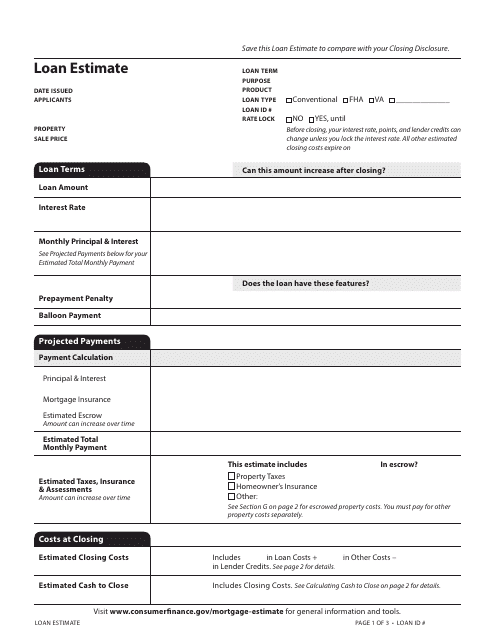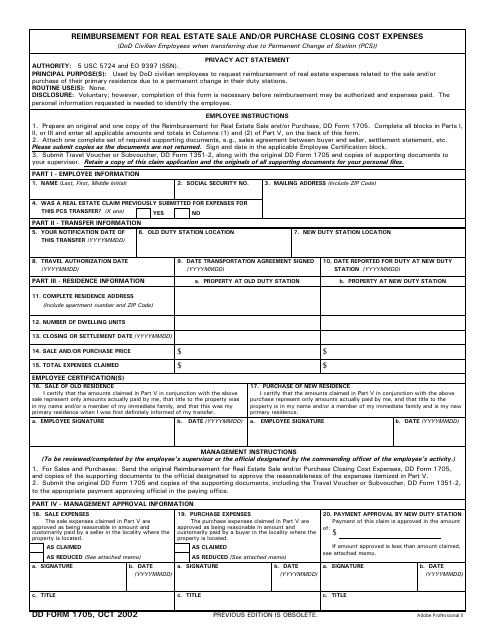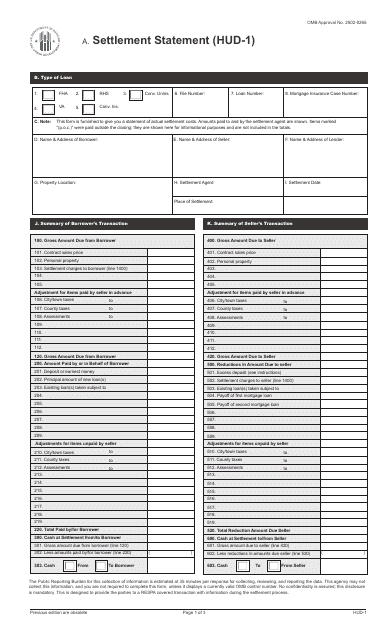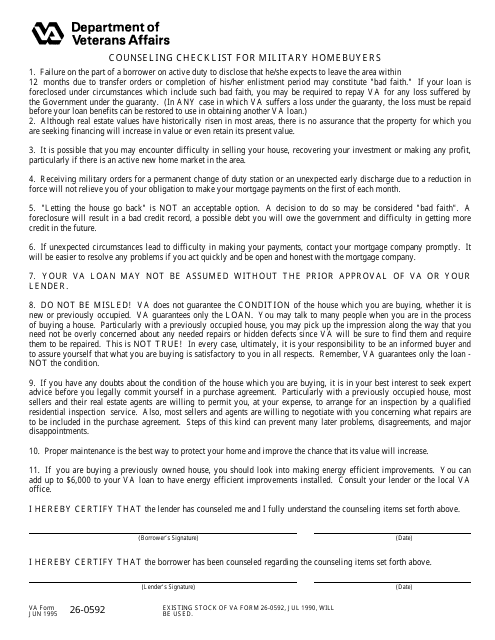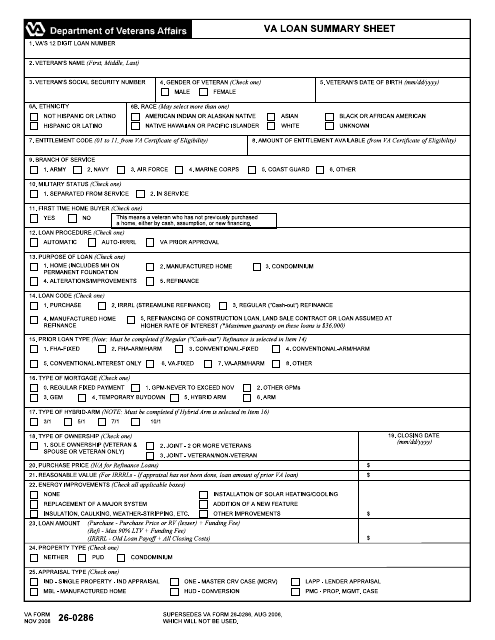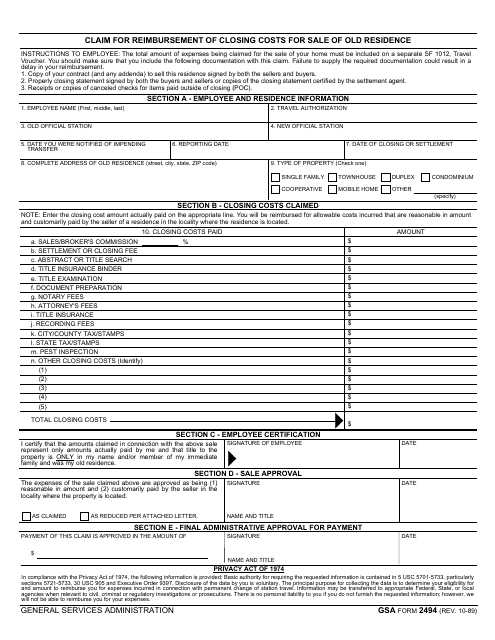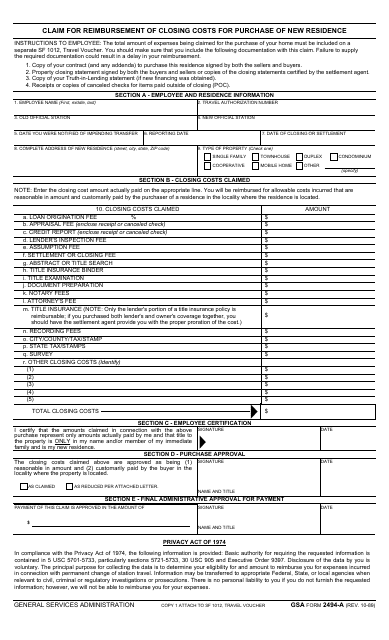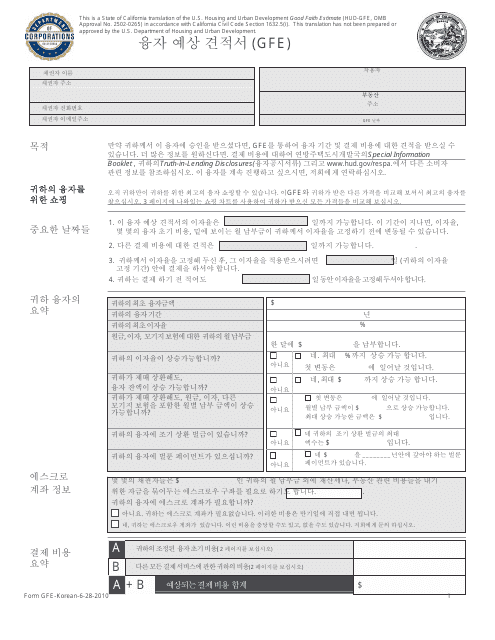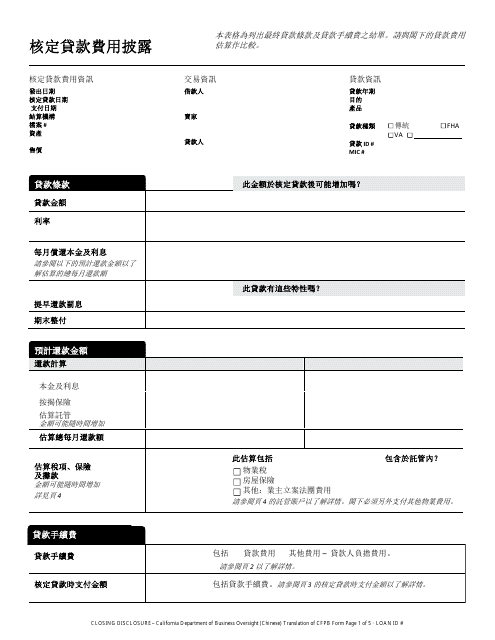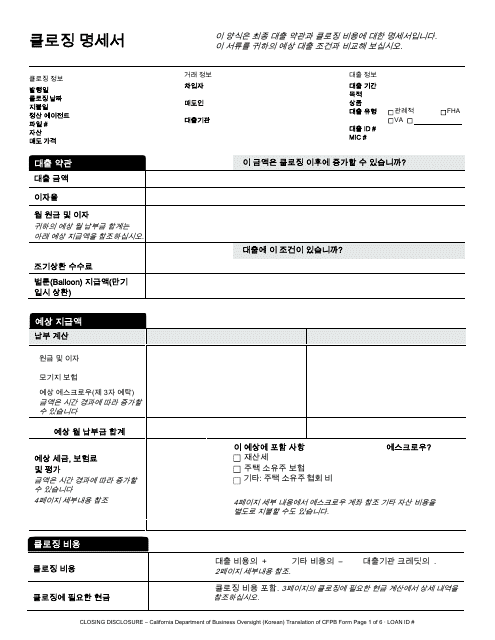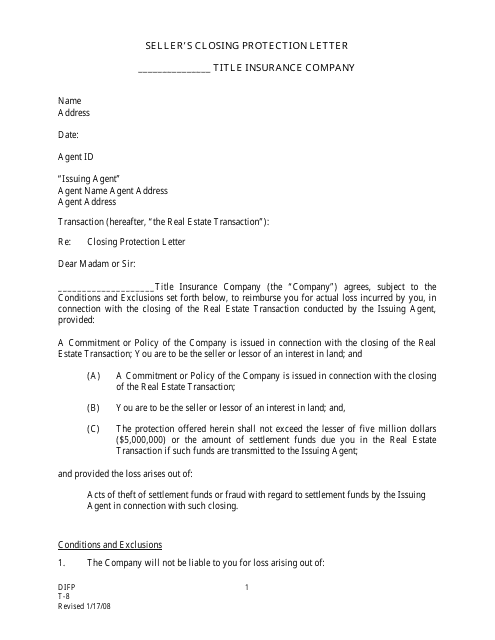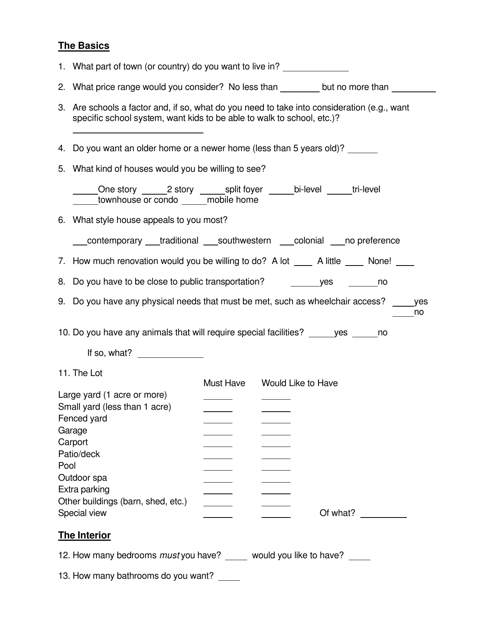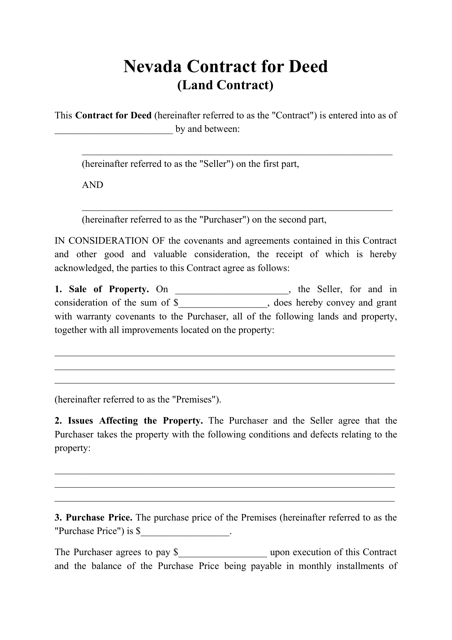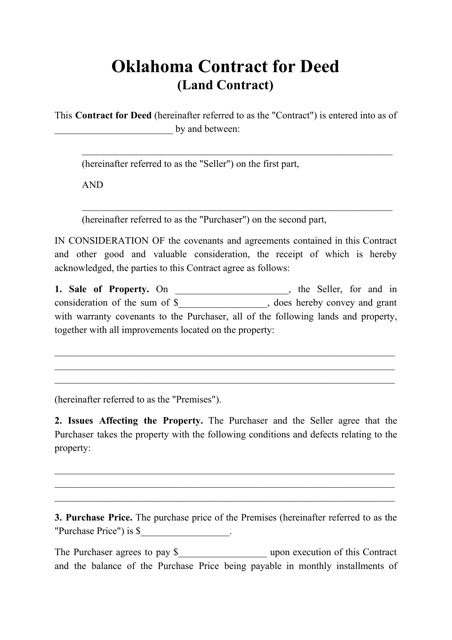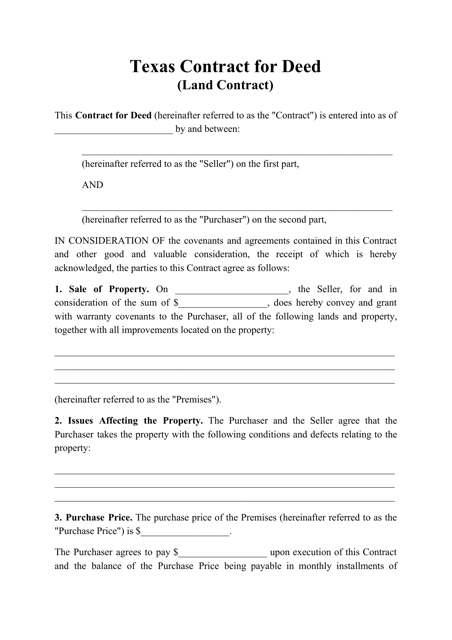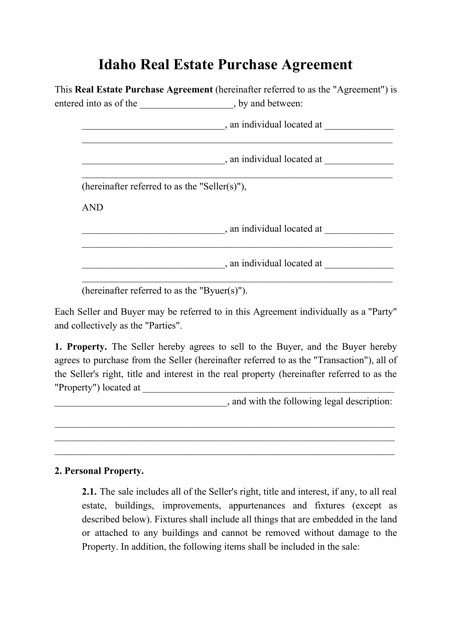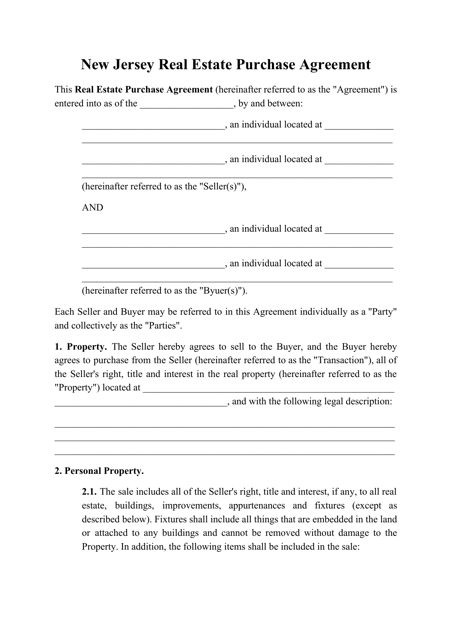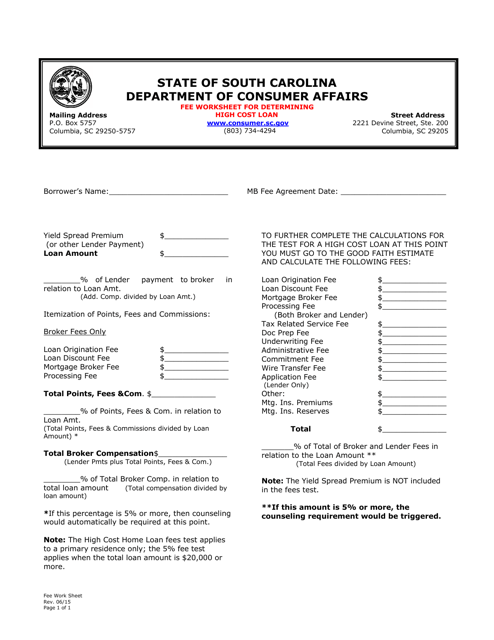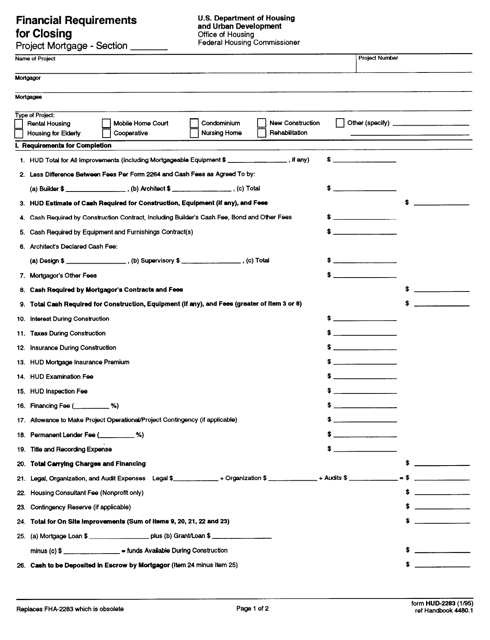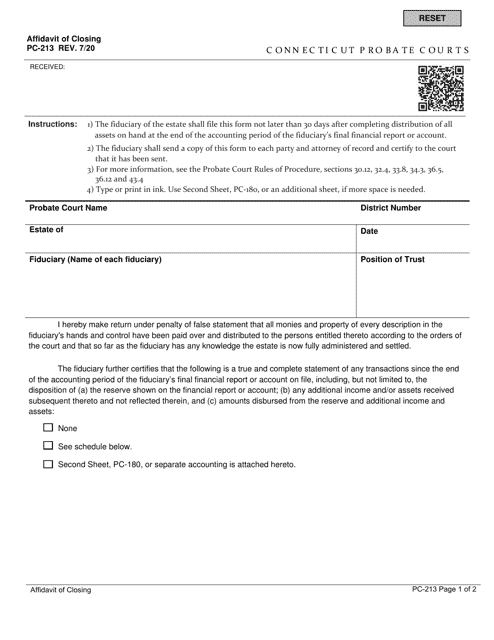Closing Costs Templates
Are you purchasing a new home or refinancing your existing mortgage? If so, it's essential to familiarize yourself with the concept of closing costs. Closing costs, also known as settlement costs or mortgage fees, refer to the expenses incurred during the final stages of a real estate transaction. These costs are typically paid by the buyer, seller, or both parties and are separate from the down payment.
Closing costs can encompass a range of fees and charges, including but not limited to appraisal fees, title search fees, attorney fees, lender fees, and insurance premiums. While the specific costs can vary depending on factors such as the type of property and its location, it's important to understand which expenses are associated with closing costs and prepare accordingly.
In order to provide transparency and protect consumers, certain regulations have been put in place to ensure that buyers are aware of the closing costs they may incur. One such regulation is the Loan Estimate Form, which provides borrowers with an estimate of the costs they can expect to pay at closing. This document outlines the loan amount, the interest rate, and the breakdown of all associated fees and charges.
In addition to the Loan Estimate Form, there are other documents that come into play when it comes to closing costs. For example, the DD Form 1705 Reimbursement for Real Estate Sale and/or Purchase Closing Cost Expenses is used by military personnel who are eligible for reimbursement of certain closing costs. Similarly, the Form T-8 Seller's Closing Protection Letter - Missouri is a document specific to sellers in Missouri, providing protection against any claims arising from the closing process.
Before embarking on a real estate transaction, it can be helpful to have a clear understanding of the costs involved and to create a budget accordingly. The Homebuying Wishlist Template can assist you in organizing your financial goals and priorities, ensuring you stay on track throughout the homebuying process.
Lastly, for those considering alternative methods of purchasing a property, such as a Contract for Deed (Land Contract) in Nevada, it's important to understand how closing costs may differ from a traditional home purchase. The specific terms and conditions of such agreements can impact the allocation of closing costs, and it's crucial to review all associated documents before proceeding.
In conclusion, closing costs play a significant role in any real estate transaction, and being informed about these expenses is crucial for both buyers and sellers. Whether you're a first-time homebuyer or a seasoned investor, understanding the various fees and charges involved in closing costs is essential for a successful and financially sound transaction.
Documents:
20
This document is used for providing borrowers with an estimate of the costs and terms associated with a mortgage loan. It includes details on interest rate, closing costs, and monthly payments.
This form is used for reimbursing real estate closing costs associated with the sale or purchase of a property.
This is a complex document developed for the purpose of listing all charges connected with a home purchase transaction.
U.S. Servicemembers may use this VA checklist to obtain a loan with the help of the Federal Housing Administration.
This document provides a summary of information related to a VA loan. It is used to summarize important details of a VA loan application.
This Form is used for claiming reimbursement of closing costs for the sale of your old residence.
This Form is used for claiming reimbursement of closing costs incurred when purchasing a new residence.
This type of document is used for providing an estimate of the closing costs for a mortgage loan in California. The form is available in Korean.
This document is used for providing closing details in a real estate transaction in California. It is available in Chinese language for convenience.
This document is used for providing the final details of a mortgage loan to a borrower in California who speaks Korean. It is required by law and outlines the terms and costs associated with the loan.
This form is used for providing the seller with closing protection in Missouri.
This document is used to create a wishlist for buying a home. It helps you organize and prioritize the features and characteristics you want in your future home.
This document is a legally binding contract used in Nevada for the sale of land. It allows the buyer to make installment payments and take possession of the property while the seller retains legal ownership until the full purchase price is paid.
This document is used for a type of real estate transaction known as a Contract for Deed, also known as a Land Contract, in Oklahoma. It outlines the agreement between the buyer and seller for the purchase of a property, where the buyer makes payments directly to the seller until the property is fully paid off.
This document is used for a Contract for Deed (Land Contract) in the state of Texas. It is a legally binding agreement between a buyer and seller for the purchase of a property, where the buyer makes payments directly to the seller over a specified period of time before taking full ownership of the property.
This document serves as a contract between individuals in the state of Idaho who wish to sell, convey, or transfer a piece of property.
A New Jersey Real Estate Purchase Agreement is a formal document prepared and signed by New Jersey residents who sell and buy real estate for commercial or residential purposes.
This document is a fee worksheet for determining if a loan is considered a high-cost loan in South Carolina. It helps lenders and borrowers calculate the fees involved in the loan and determine if it exceeds the legal limits set by the state.
This form is used for determining the financial requirements for closing a HUD loan. It outlines the necessary paperwork and documentation needed to complete the closing process.
This Form is used for stating the details of the closing process in Connecticut.

